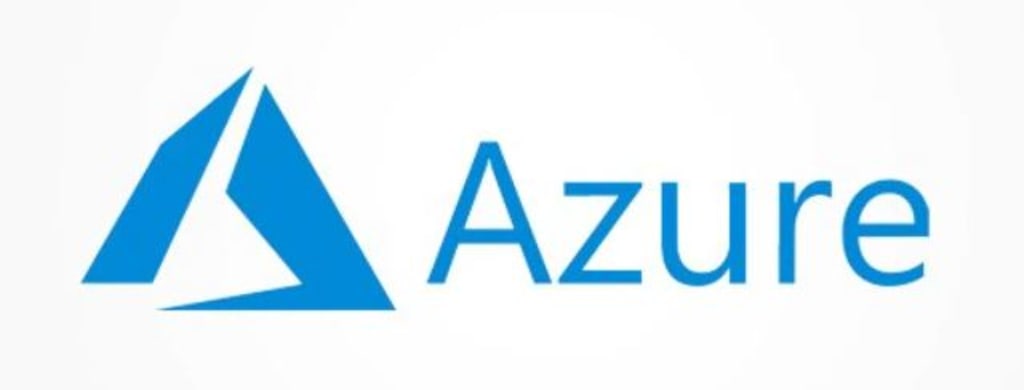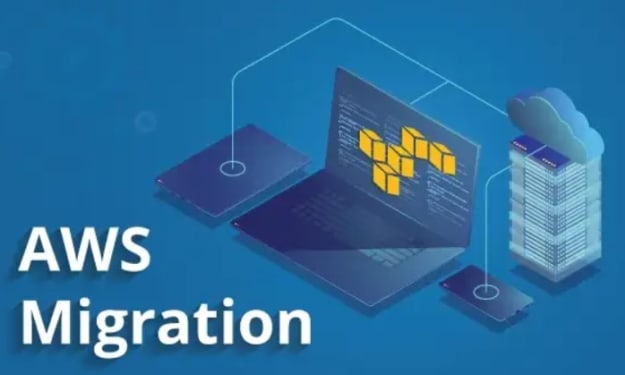
The numerous benefits provided by cloud computing cloud such as rapid scaling and lower upfront costs makes it a desirable option for every type of organization. However, if you've made the decision that you'd like to use the cloud, which one do you pick? How do you begin to decide?
Well, each cloud provider offers a different set of features/capabilities to suit different requirements - so you first need to know and understand what your specific requirements are. After these requirements are established and you're ready to figure out which one will best satisfy your requirements. In this post, I will examine the different features of Amazon Web Services (AWS) and Azure two of the top cloud service providers - to provide you with the essential details that will assist you to make the right choice.
What exactly is Amazon Web Services (AWS)?
Amazon Web Services (AWS) is cloud computing platform offered by Amazon that offers a variety of IT and hosting solutions that aid businesses in saving money and time without losing scale, security or dependability. This includes virtual servers and the ability to scale storage solutions, blockchain Analytics, blockchain, security and security solutions.
What exactly is Azure?
Azure can be described as the cloud computing service offered by Microsoft that comes with a variety of tools that support the development, deployment and management of apps. Azure gives access to over 200 services and tools which include virtual machine, NoSQL data sources, Kubernetes service, and DevOps tools. If you're interested in knowing more details about Microsoft Azure underwater datacenter you can find out more by registering for Azure Data Engineer Certification.
History
AWS has been in operation for more than 10 years since it was first introduced in 2004. It started out with just one service - SQS. It then grew to include all the services we will see below (along with a host of other).
Azure is cloud-based service that is new that was first introduced in 2010. It began as an compute cloud, but it later began it began to branch out into various Infrastructure as a Service (IaaS) solutions. See below for a selection of best solutions.
If your goal was to host a single service or application instead of a large infrastructure, the choice you choose among AWS and Azure will likely be based on to costs and efficiency, security and uptime (covered later in this article). A virtual server is an actual server. The only way these two companies (and all cloud providers) are able to differentiate their services however is in the services they provide in relation to their cloud computing.
Performance
Deciding which of these two cloud providers will provide the highest performance for your specific use scenario is a difficult thing to figure out. There are many publications that evaluate the performance of your CPU/Disk/Network (such like this article). But, unless this is what you intend to be using this platform, you're likely to receive different results.
If you are able consider it, I suggest taking advantage of the free trial that is offered by all providers, so that you can benchmark your software and compare results (note however that the types of instances among providers could differ). The pricing model of all cloud services allows users to "pay-as-you-use" and therefore conducting these tests will be fairly inexpensive.
Security
Do you think you consider the security that comes with the cloud service provider is important to you? Of course it is, however every cloud provider approaches security differently. If you have certain requirements - for example, encryption of your data while it is in transit - do you know if your cloud provider supports this? Do you need to ensure the data center your provider uses is ISO 9001/27001-compliant? If yes, ensure this when choosing the cloud service you choose to avoid issues in the near future.
Uptime
The two platforms AWS and Azure come with both come with a Service Level Agreement (SLA) which defines the standard of service that you are expected to receive. Find out which one offers the most reliable service level to meet the needs for your app. It should also tell the service that offers greater or better guarantees on their service being accessible. Make sure to be aware of any limitations with regards to their SLA that apply (e.g. you may need to use several servers).
Features/Service It is a good fit
It could be that AWS or Azure (or other provider) is unique in its features which would be the best solution for you. One example is Azure's "Web Apps" service, which comes with the ability to auto scale and balance load integrated. AWS does not have a service that can compete with it (currently). AWS however, does have an option known as Glacier that provides safe, durable, and affordable cloud storage. Azure has no rival service.
If you're searching for greater depth of knowledge about , you could get it through better preparation in preparation for Azure Data Engineer Training Hyderabad.
Conclusion
There's no right or wrong choice for choosing a cloud service provider However, choosing the best service provider will make your cloud infrastructure a happier spot. This will in turn strengthen your company and make it more resilient to the changing trends in your field. Keep in mind, however that this decision has to be periodically reviewed to make sure you're employing the correct cloud service to meet your needs.





Comments
There are no comments for this story
Be the first to respond and start the conversation.